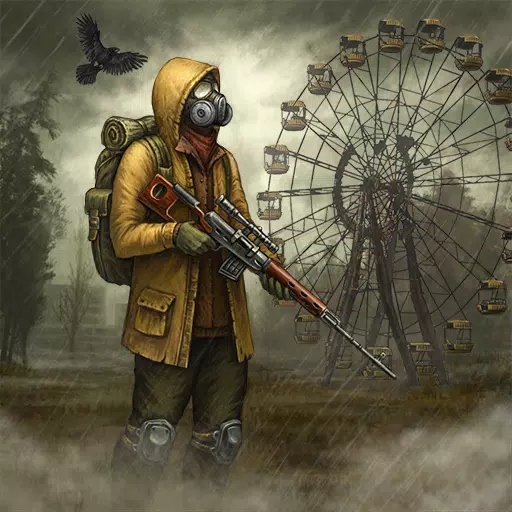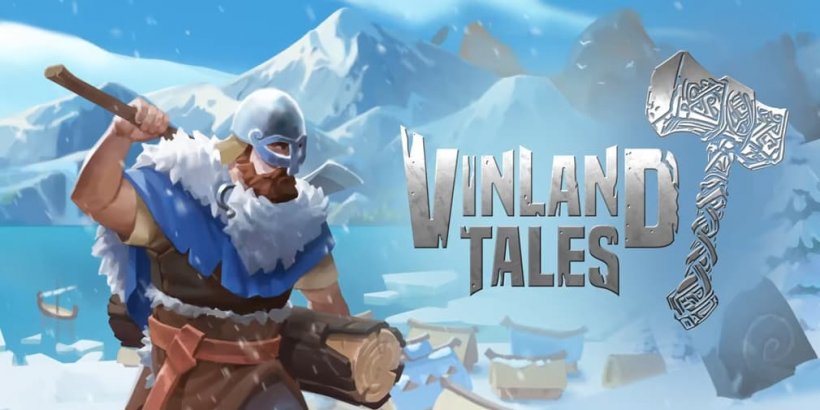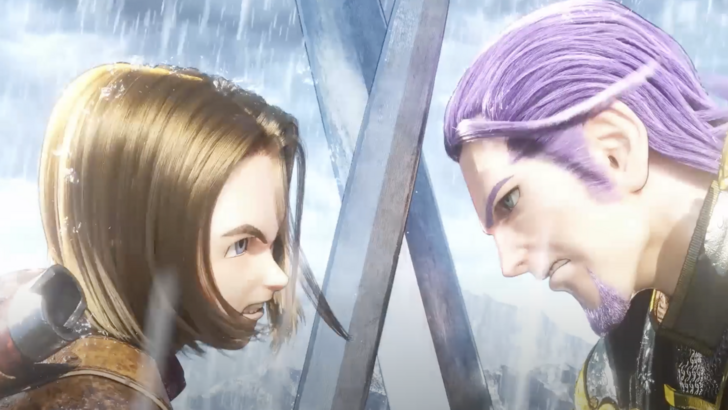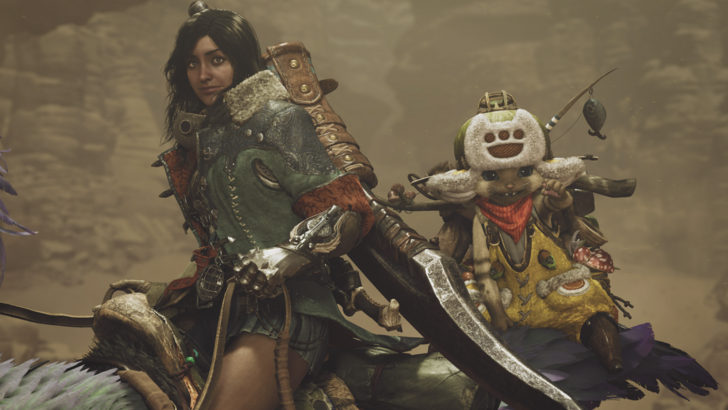
Following the breakthrough success of Monster Hunter World, Capcom has geared up to shake up the series with Monster Hunter Wilds.
Related VideoWe Wouldn’t Have Monster Hunter Wilds If It Wasn’t For World
Capcom Hopes to Capitalize on Extended Global Reach with Monster Hunter WildsRedefining the Monster Hunter's Hunting Grounds
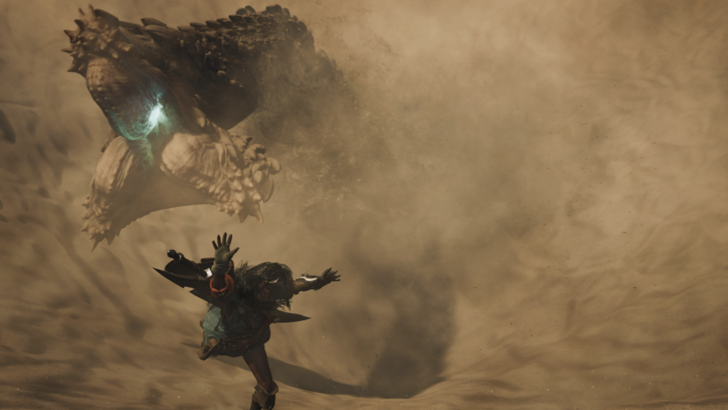
In an interview with Game Developer at the recent Summer Game Fest, series producer Ryozo Tsujimoto, executive director Kaname Fujioka, and game director Yuya Tokuda discussed how Monster Hunter Wilds is set to transform the series. They emphasized a new focus on seamless gameplay and an immersive environment that responds to player actions.
Just as in previous Monster Hunter games, players take on the role of hunters in an unexplored locale filled with new wildlife and resources in Monster Hunter Wilds. However, the game's demo at Summer Game Fest showcased a departure from the series' traditional mission-based structure. Instead of segmented zones, Wilds showed a seamless, open world where players can freely explore, hunt, and interact with the environment.
"The seamlessness of the game is really one of our core efforts in designing Monster Hunter Wilds," said Fujioka. "We wanted to create detailed and immersive ecosystems that necessitate a seamless world filled with hostile monsters you can freely hunt."
In-Game World is Vastly Dynamic
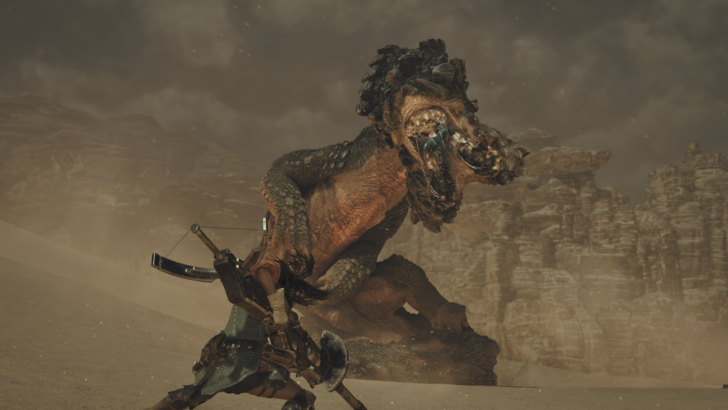
Monster Hunter Wilds also features dynamic weather changes and shifting monster populations. Game director Yuya Tokuda explained how new technology enabled this immersive world. "Building out a massive, changing ecosystem with more monsters and interactive characters was a formidable challenge. Environmental changes happen simultaneously, something we couldn't achieve before."
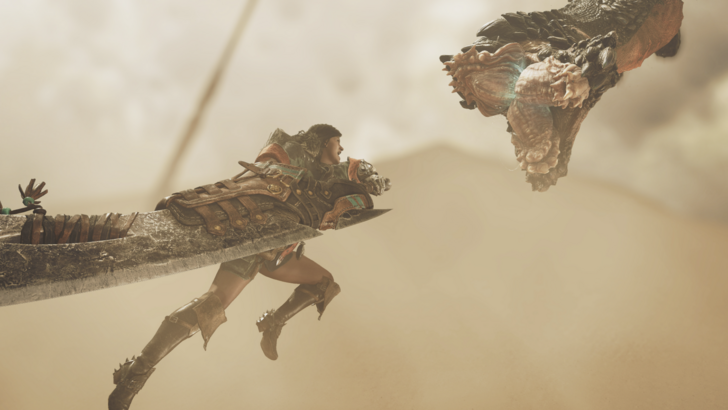
 Home
Home  Navigation
Navigation






 Latest Articles
Latest Articles
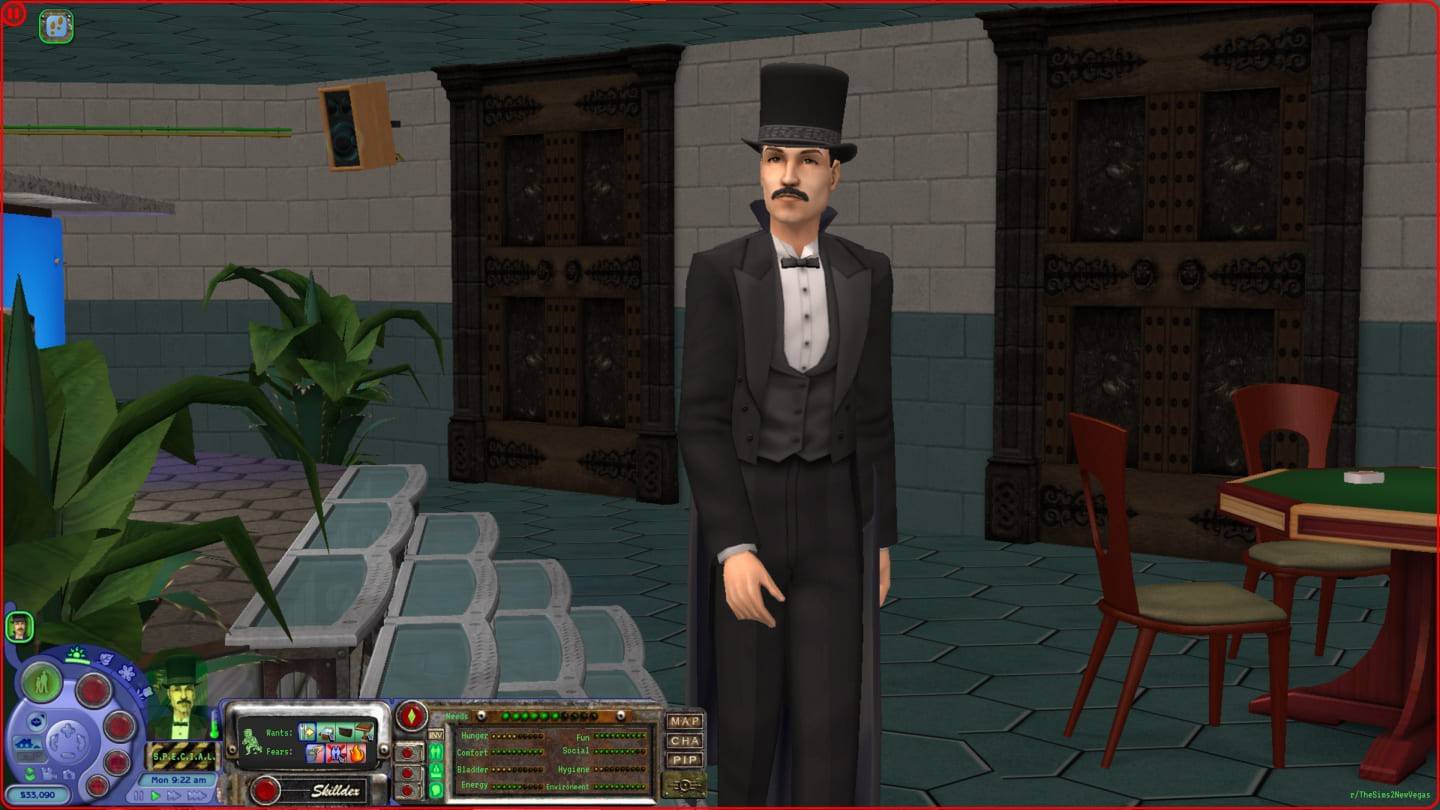
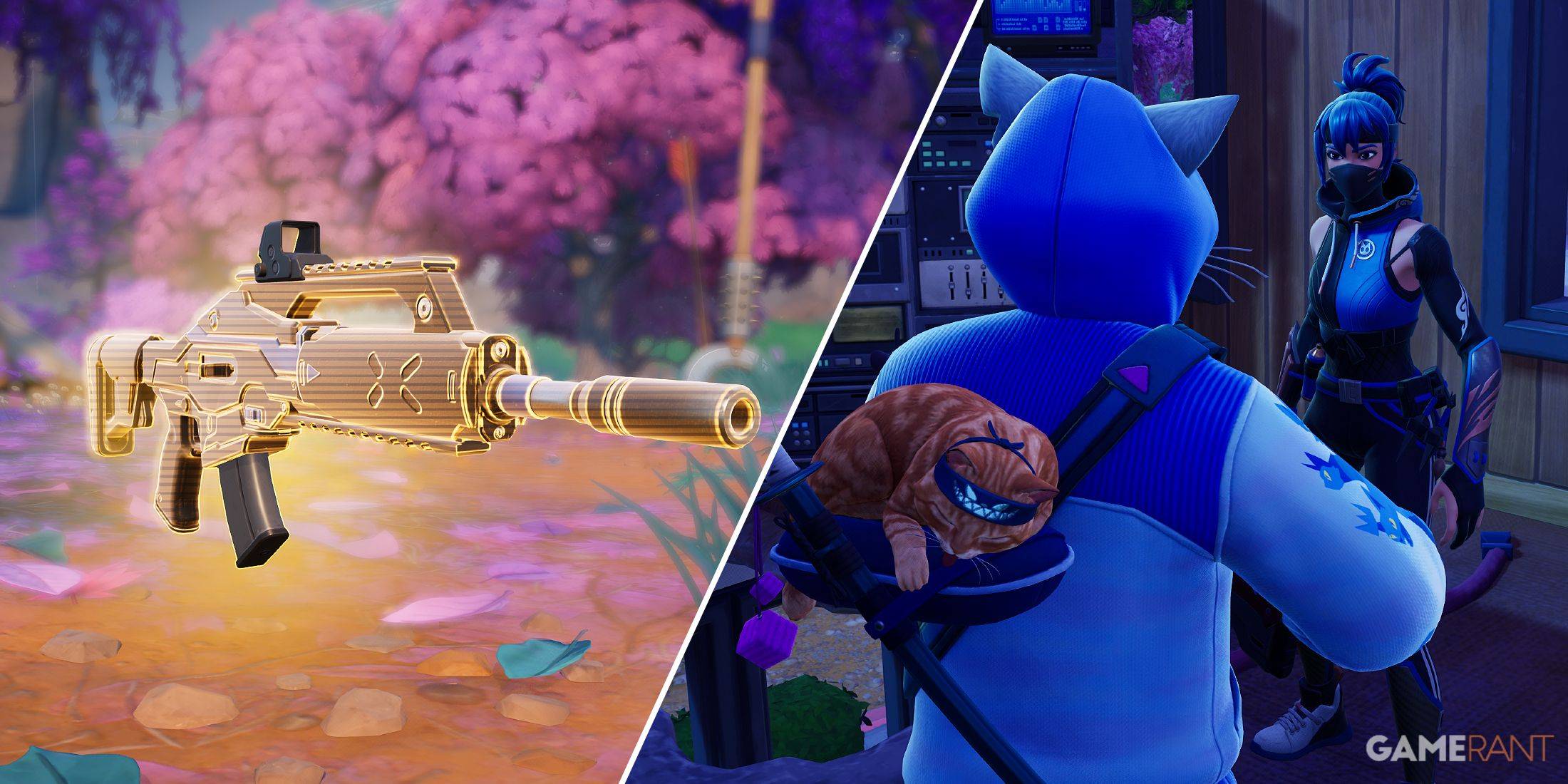








 Latest Games
Latest Games









